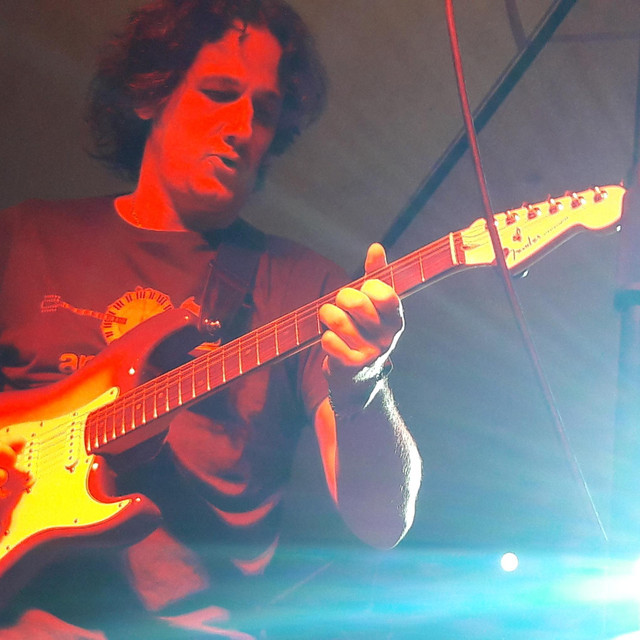The sting of raw emotion can be softened by a sterling lyric in the right setting, but in his new record Inner Path, turning to verses for a solution isn’t the primary theme Guillermo Marigliano is contending with, but instead, the introspection playing without the pressure of lyrics getting in the way can provide. There’s perspective as rich as an afternoon sunset in Inner Path’s best moments, and although you could say that the jazz music has been turning out some amazing content lately and be 100% right, little that I’ve heard has featured the heartfelt performances used to make up the bread and butter of this EP.
In “LA Samba (Los Angeles Samba),” the groove plays a bigger role in the story than it does in “Tango Blues,” but the songs are equally buxom on the instrumental end, especially in comparison to what the establishment sound in the underground scene is calling for these days. “LA Samba (Los Angeles Samba)” here is the most well-rounded artistically, but I think it’s important to note that these two songs are covering two different angles of the same artistry. Marigliano is anything but a one-note songwriter, and it’s hard for anyone to argue against that when looking at what he does on this record.
There’s soul in Marigliano’s approach to playing guitar that you can’t fake into existence, and when he starts to play something he cares about, we can feel it in our bones. The funny thing about “Bonita” and “Tango Blues” in particular is their pop-style production quality you’d never guess as much just from looking at the composition itself, but these are tracks that have been perfectly groomed to serve as a bridge between the mainstream jazz elements and the ruthless swing of a bygone era. It’s a fine way to bridge the gap, especially in terms of maintaining the fresh tone of the music.
“LA Samba (Los Angeles Samba)” is a telling song in terms of its ambitious construction, but there’s more than a sexy hook driving home the narrative in “Tango Blues” here. It’s as if Guillermo Marigliano has to get as brooding as possible while still recoiling by the conclusion of a song in this record, but he doesn’t sound particularly rushed in trying to get his plan accomplished. There’s a swagger to his performance style that I could get very used to as a jazz fan, and if cultivated the right way it’s going to bring him a lot of positive feedback from listeners.
Inner Path isn’t just a good intro to who Guillermo Marigliano the performer is but an all-around star of an EP designed with its target audience in mind. Forget the frills and indulgences of a lesser jazz style; Marigliano’s approach to songcraft borrows equally from old and new schools with regards to harmony, and no matter which of the two tracks he’s offering up in Inner Path, it’s pretty obvious from top to bottom that we’re listening to someone who knows their way around a recording studio.
Heather Savage

